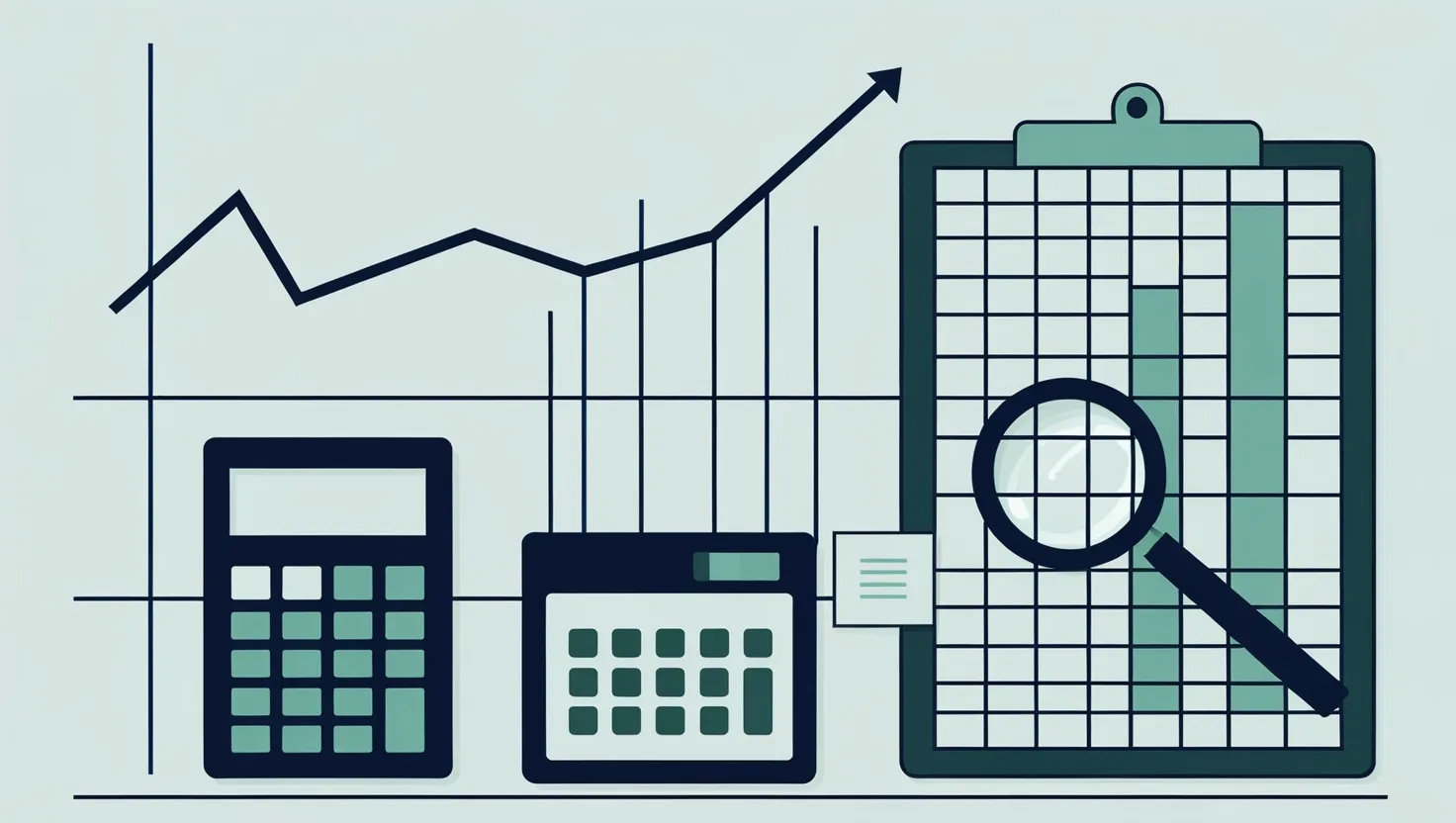Health Savings Accounts: Your Secret Weapon for Financial Wellness
Let's face it, healthcare costs can be a real pain in the wallet. But what if I told you there's a way to save on taxes, grow your money, and cover medical expenses all at the same time? Enter the Health Savings Account (HSA) - your financial superhero in disguise.
Think of an HSA as a piggy bank on steroids. It's not just for stashing away cash; it's a powerhouse that can supercharge your savings and give you a leg up on future medical expenses. And the best part? It comes with some seriously sweet tax perks.
Now, I know what you're thinking. "Tax advantages? Sounds complicated." But trust me, it's easier than trying to pronounce "otorhinolaryngologist" (that's an ear, nose, and throat doctor, by the way). Let's break it down.
First off, the money you put into your HSA is tax-deductible. That means Uncle Sam takes a smaller bite out of your paycheck. It's like getting a discount on your taxes just for saving money. Who doesn't love a good deal?
But wait, there's more! Your money grows tax-free while it's chilling in your HSA. It's like your cash is at a spa, getting pampered and multiplying without the taxman bothering it. And when you need to use that money for medical stuff? You guessed it - no taxes. It's like a financial triple play!
Now, before you start dreaming about all the ways you'll use your HSA funds, there's a catch (isn't there always?). To open an HSA, you need to be enrolled in a High Deductible Health Plan (HDHP). It's like the bouncer at the HSA club, and your ticket in is having a health plan with a higher deductible than usual.
For 2024, that means your health plan needs to have a deductible of at least $1,500 for individual coverage or $3,000 for family coverage. It might sound steep, but remember, you're trading a higher deductible for the chance to save big in the long run.
Once you're in the HSA club, you can start contributing. For 2024, you can stash away up to $3,850 if you're flying solo, or $7,750 if you've got family coverage. And if you're 55 or older? You get to throw in an extra $1,000. It's like a bonus round in a game show, but for your health savings.
Now, here's where things get really interesting. Your HSA isn't just a short-term savings account for this year's flu season. It's a long-term strategy for keeping future-you financially healthy. Unlike some other retirement accounts, HSAs don't force you to start taking money out at a certain age. That means your money can keep growing, tax-free, for as long as you need it to.
Imagine starting your HSA in your 30s and letting it grow for decades. By the time you're ready to retire, you could have a nice chunk of change set aside for healthcare costs. And let's be real, healthcare isn't getting any cheaper, especially as we get older.
But here's the real kicker - your HSA can be more than just a savings account. Many HSA providers let you invest your contributions in stocks, bonds, or mutual funds. It's like your HSA is moonlighting as an investment account. Your money could potentially grow faster than a teenager in a growth spurt.
Picture this: you invest $10,000 in your HSA, and over 20 years, it grows to $50,000. When you need to cover medical expenses in retirement, you can withdraw that $50,000 without paying a dime in taxes. It's like finding an extra $50,000 under your mattress, except it's totally legal and way more comfortable.
Let's get real for a moment and look at how this might play out in the wild. Say you're 35, working a job with an HDHP, and you decide to contribute $3,000 to your HSA every year for the next 30 years. By the time you hit 65, you could be sitting on a pretty substantial nest egg, all grown tax-free.
When retirement rolls around, you can use this money to cover your Medicare premiums, copays, and any other medical expenses that pop up. And remember, you won't pay a cent in taxes on this money. It's like having a "get out of taxes free" card for your healthcare costs.
But wait, there's more! (I feel like an infomercial host, but seriously, HSAs are that good.) HSAs are also super flexible and portable. Unlike some workplace benefits that are as clingy as a bad ex, your HSA is yours to keep, no matter where life takes you.
Change jobs? Your HSA comes with you. Retire? Your HSA is still there, ready to help you cover healthcare costs. It's like a loyal friend that sticks with you through thick and thin, except this friend helps pay your medical bills.
This flexibility is a real lifesaver if you have ongoing medical needs. Got a condition that needs regular treatment? Your HSA has your back, providing a steady stream of tax-free funds to cover those costs, no matter where you work.
So, what's the bottom line? An HSA is like a Swiss Army knife for your financial health. It cuts your taxes, helps your money grow, and gives you a safety net for medical expenses, all while being more flexible than a yoga instructor.
Whether you're just starting out in your career or you're closer to retirement than you'd like to admit, an HSA can be a game-changer. It's a way to save money on taxes now, grow your savings for the future, and give yourself some peace of mind when it comes to healthcare costs.
In a world where healthcare can be as unpredictable as a game of Monopoly, an HSA is like having a "Get Out of Financial Jail Free" card in your back pocket. So if you're eligible for an HSA, don't let this opportunity slip through your fingers. It could be one of the smartest financial moves you ever make.
Remember, your future self will thank you for the financial cushion you're building today. And who knows? With all the money you save, maybe you can finally afford that vacation you've been dreaming about. Just don't forget to pack your HSA card - you never know when you might need it!






